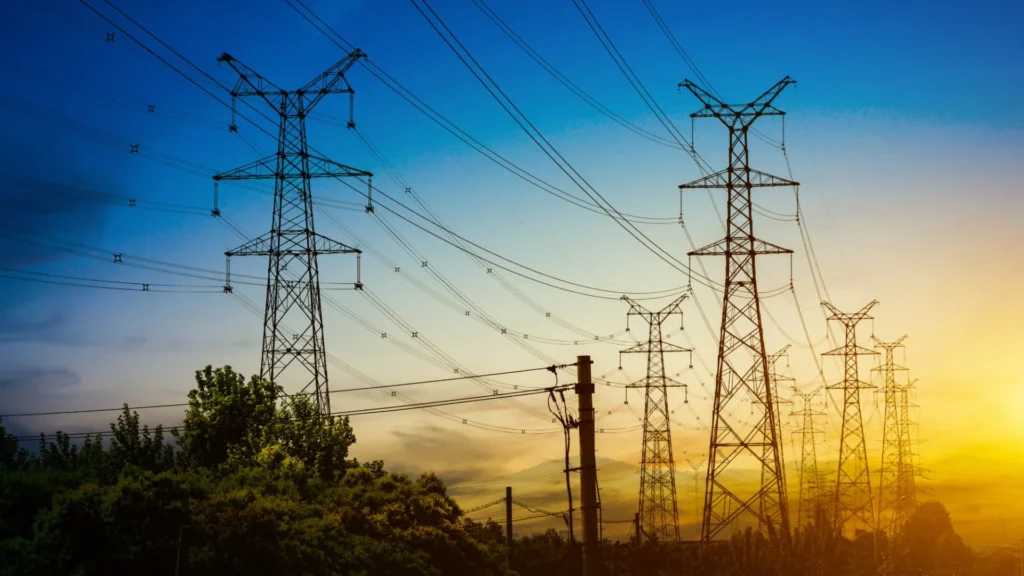Nigeria stood on the brink of darkness. A nationwide electricity workers’ strike threatened to plunge homes, hospitals, and businesses into blackout once more. But in a last-minute twist, the National Union of Electricity Employees (NUEE) has suspended its planned industrial action. With the lights still flickering, a tenuous peace has been brokered — for now.
This suspension isn’t truce born of generosity, but a concession born of urgency. Every blackout avoided is relief. But the real test lies ahead: will promises be kept, or will the flicker of power fade again?
What Led to the Strike — Grievances, Ultimatums & Stakes
The strike was triggered by longstanding welfare and operational demands that went unanswered, including non-payment of salaries (allegedly since April 2025), lack of tools, absence of vehicles, no PPE since 2021, casualization of staff, and unresolved issues from TCN’s unbundling.
The union had served an ultimatum to the Transmission Company of Nigeria (TCN), which reportedly expired without action, prompting the withdrawal of services.
Officials from the Federal Government intervened promptly, organizing meetings involving the Ministry of Power, Ministry of Labour, TCN, NUEE, and related bodies.
You May Like: Nigeria’s Electricity Sector Shuts Down as Workers Strike
After roughly 10 hours of strike or threat thereof, the unions agreed to suspend the action.
A Moment of Relief, Not Victory
Power sector strikes have become too familiar in Nigeria. That the strike was averted today is a relief — but not a victory. The promises, timetables, and sincerity will determine whether this pause is sustainable or temporary.
Nigeria’s power challenges are systemic — ageing infrastructure, weak funding, misaligned incentives, and labor discontent. The union’s unanimous decision to suspend for now signals willingness to negotiate. But the country needs follow-through. If the talks stall, light may be restored — only to be snuffed out again.







